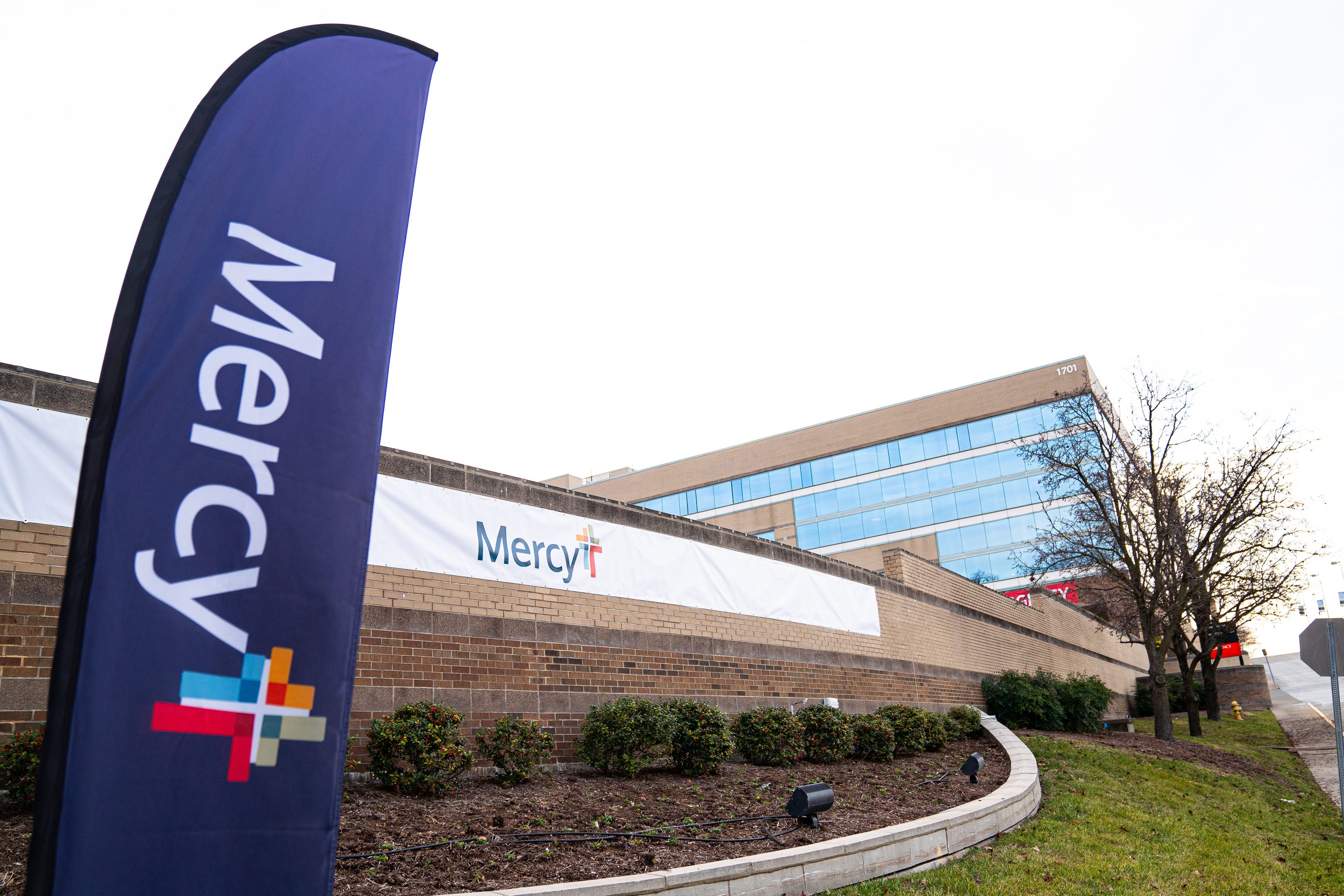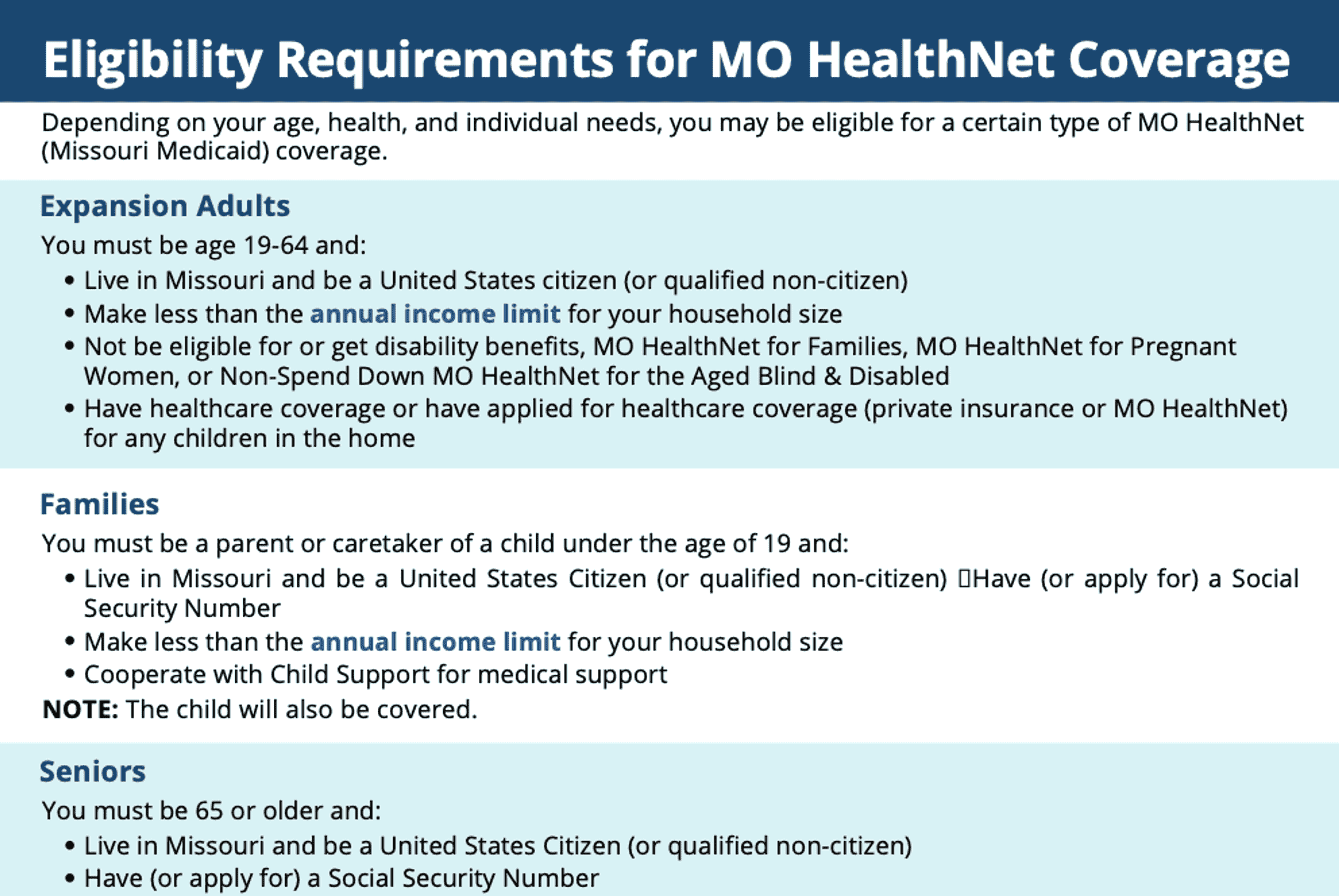The Rising Importance of Digital Detox During a Mental Health Crisis
In a world dominated by screens, mental health issues like anxiety and depression are on the rise. Discover how a digital detox can help improve well-being and foster a healthier relationship with technology.
Mental health issues, such as anxiety and depression, have been on the rise globally. An estimated 230 million people, or 5% of the worldwide population, suffer from depression alone.
The World Health Organization (WHO) has touted the importance of mental health for years, and with good reason. WHO often highlights the individual and economic loss associated with poor mental health, such as loss of productivity and death up to 20 years earlier.
Ultimately, mental health is a growing concern that needs to be addressed, and a digital detox can play a significant role in promoting better mental well-being in people of all ages and backgrounds.
The Basics for Addressing Mental Health Concerns
WHO advocates for better access to mental health services, which requires systemic changes and a shift in societal attitudes toward mental health. From an individual standpoint, caring for one’s mental well-being is crucial. Lifestyle changes like eating nutrient-rich foods, getting enough sleep, exercising regularly, going to therapy, taking medication, and socializing can improve mental health.
In a world dominated by screens, many overlook the importance of a digital detox to improve and maintain mental health. After all, it’s hard for many to imagine a time in the day when they aren’t attached to their phone, computer, or television. This constant connection and ‘round-the-clock reachability can quickly overwhelm.
Technology’s Affect on Mental Health
Technology makes our lives easier and is integral to how we live, work, and socialize. However, constant exposure to screens and digital media can have adverse effects on our mental health.
While it may seem like technology is a daily must-have, multiple studies show excessive technology use — particularly social media — leads to anxiety, depression, difficulty sleeping, social isolation, and decreased productivity.
Our youth may struggle to remember a time without devices, but it wasn’t that long ago that we didn’t have smartphones or tablets, as most millennials and older generations remember.
But what if we stepped back and consciously disconnected from technology for a while?
Why a Digital Detox?
A digital detox refers to a break from technology, whether for a few hours or days. Ideally, the longer the break, the better, as it gives the mind a much-needed break and adjusts our relationship with technology for better long-term habits.
A digital detox doesn’t necessarily require going cold turkey for an extended time; it might look like limiting screen time at certain times and deleting social media apps. The key is to find a balance that works for each individual, helps them regain control over their use of technology, and reconnects them with the present.
Is a Digital Detox Worth It?
By disconnecting from technology, the brain has a chance to rest and reset. It also creates more time and space for other activities that improve our well-being, such as spending quality time with loved ones, being outdoors, exercising, or engaging in hobbies. A digital detox also promotes mindfulness, allowing us to be fully present in the moment without distractions from screens.
Imagine stepping away from the Internet trolls and perfect personas on social media and instead appreciating our lives for what they are. Disconnecting from the constant need for validation through vain likes and shares can be a freeing experience. Overall, taking time to connect with what matters most in our lives or finding new passions can positively impact our mental health.
Getting Started
After spending endless hours in front of screens, it can feel difficult to unplug. What does one do with all the newfound time? The first step is to simply take a small break. Turn off the devices, tuck them away, and engage in activities that don’t involve technology, like sitting down for a conversation with a friend or family member or grabbing a dusty book off the shelf.
After spending time away for a while, individuals can assess their relationship with technology with a clearer mind and a renewed perspective. The ultimate goal is to find balance and use technology in a way that enhances our lives rather than detracts from it.
This article was produced by Media Decision and syndicated by Wealth of Geeks.
Connect with the Southeast Missourian Newsroom:
For corrections to this story or other insights for the editor, click here. To submit a letter to the editor, click here. To learn about the Southeast Missourian’s AI Policy, click here.










